WHAT ARE ACCESSORY DWELLING UNITS?
Accessory Dwelling Units (ADUs) are separate housing units built on existing single family residential properties. ADUs are also known as second dwelling units, guest houses, backyard cottages, mother-in-law units and granny flats.
There are many different types of ADUs, including both separate structures located in a back or side yard (detached) and conversions of existing spaces such as basements, attics and garages (attached).
If you would like to learn more about ADUs, the website accessorydwellings.org is a valuable resource.
Why are adus becoming more popular?
Thousands of new ADUs are being built in communities across the U.S. because they are a manageable and minimally-disruptive option for adding desperately needed housing to existing neighborhoods. Moreover, ADUs typically cost less than other forms of housing and make efficient use of existing land.
The other factor driving ADU adoption is that they serve so many varying needs that mirror socioeconomic trends in the U.S. ADUs allow for people to age in place or form multigenerational households to ease caregiving responsibilities and cost. Homeowners, given the high cost to buy a house, are frequently turning to ADUs to provide additional income to make ends meet. Lastly, the appeal of downsizing and minimalist living seems to be growing and ADUs allow people to simplify their lives and still live in a neighborhood setting.
ARE ADUs ALLOWED IN MY NEIGHBORHOOD?
Zoning, regulations and fees vary by municipality but most city zoning codes allow for ADUs. In addition, most municipalities view ADUs as critical to providing affordable housing in rapidly growing neighborhoods and have modified local codes to allow for ADUs.
The largest cities on the West Coast, including Portland and Seattle, all allow ADUs and continue to update codes and fees to encourage the development of ADUs. In addition, the States of California and Oregon have passed state laws which preempt local prohibitions on ADUs.
HOW DO I KNOW IF MY PROPERTY IS SUITED FOR AN ADU?
Many different types of properties will accommodate an ADU. In most cases, properties with a flat backyard with few obstructions, and where an open space with minimum dimensions of 40’ x 25’ can be created, will work. If you aren’t sure, contact a local builder or contractor to review your property to determine if your property is suitable for an ADU.
HOW AFFORDABLE IS AN ADU TO RENT?
The monthly rents for an ADU typically reflect neighborhood market rents. For example, in Portland, Oregon, rents for a single family ADU are roughly $1,000 to $1,500 per month.
how do adus affect the sale of my house?
The presence of an ADU can often enhance the attractiveness of a house on the market, and increasingly investments in new ADUs are being reflected in the appraised value of those properties.
Do ADUS increase my property taxes?
The installation of any ADU will result in an increase in property taxes equal to the assessment of the ADU as an improvement to the property. The addition of an ADU should not result in a new assessment of the rest of the property. The homeowner’s property tax bill can still increase as a result of standard annual increase in taxes and new levies that are added to property taxes each year unrelated to the ADU.
How does aN ADU access sewer, water, electric and gas service?
ADUs access sanitary sewer and water service by connecting to the main sewer and water service to the primary residence. In most cases, a connection to the sewer is established outside the primary residence, and a connection to water service is accessed through the foundation into the basement of the primary residence. Typically ADUs connect to existing electrical service through either the main panel or a separate panel on the outside of the house. Many new ADUs do not use natural gas so a connection is often unnecessary.
What if existing water, sewer or electric service is insufficient to support an ADU?
The existing service to typical single family residences is usually sufficient to support an ADU. In the event that it isn’t, the builder will work with the property owner to upgrade the necessary service to support the ADU. The cost of upgrading water or sewer service or establishing upgraded electrical service is not typically included in a standard bid and would be borne by the homeowner.
What about cable, phone service, garbage and recycling?
The ADU builder will establish separate cable and, if desired, phone service to the ADU. If the ADU is rented out, these bills can be assumed by the tenant.
In most cases, the homeowner will add another garbage receptacle to their monthly bill and bill the tenant for the additional cost. Existing recycling receptacles should be sufficient for the ADU’s recycling needs.
What about mail service?
All permitted ADUs are assigned a separate mailing address usually by adding A to the primary residence and B to the ADU.

